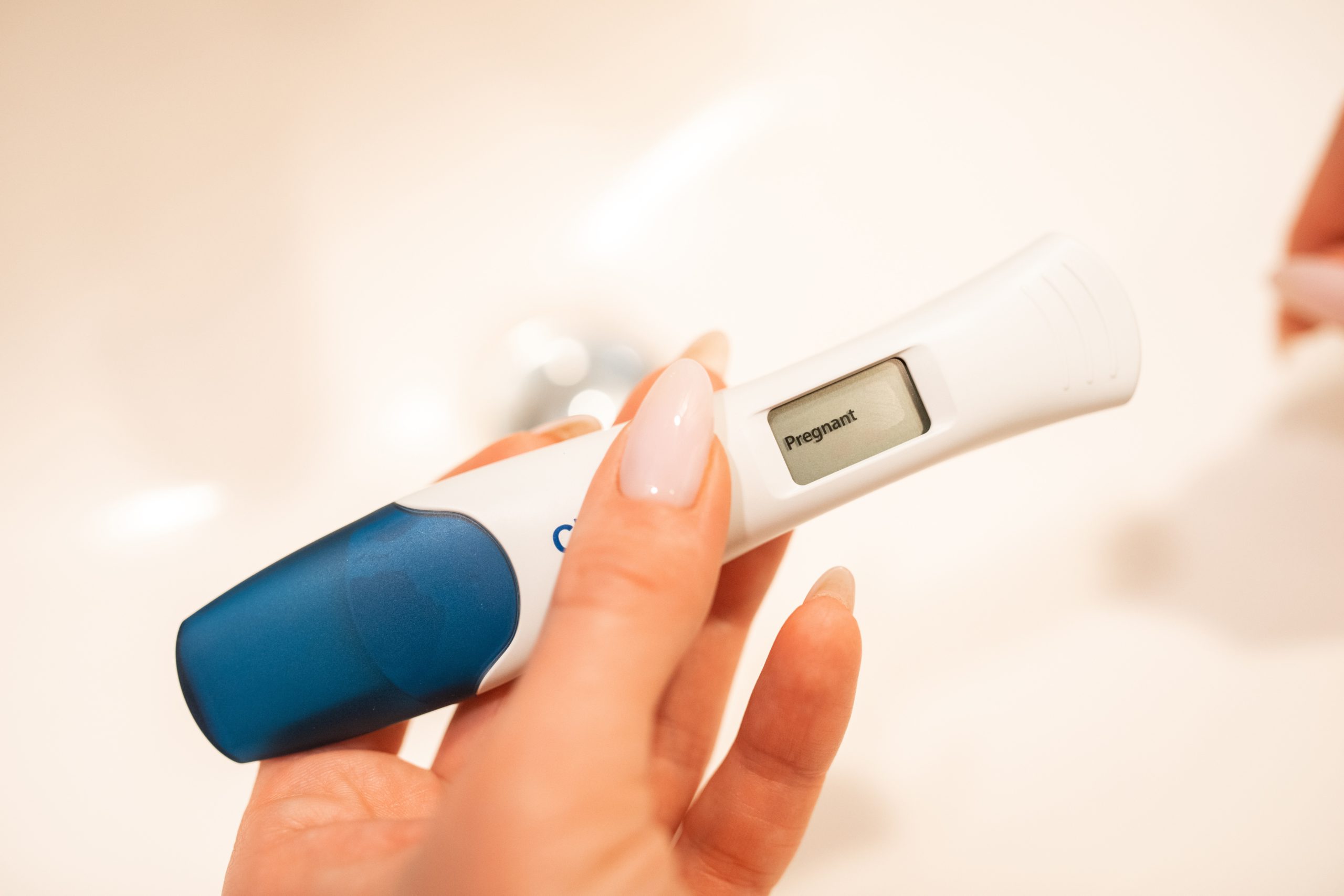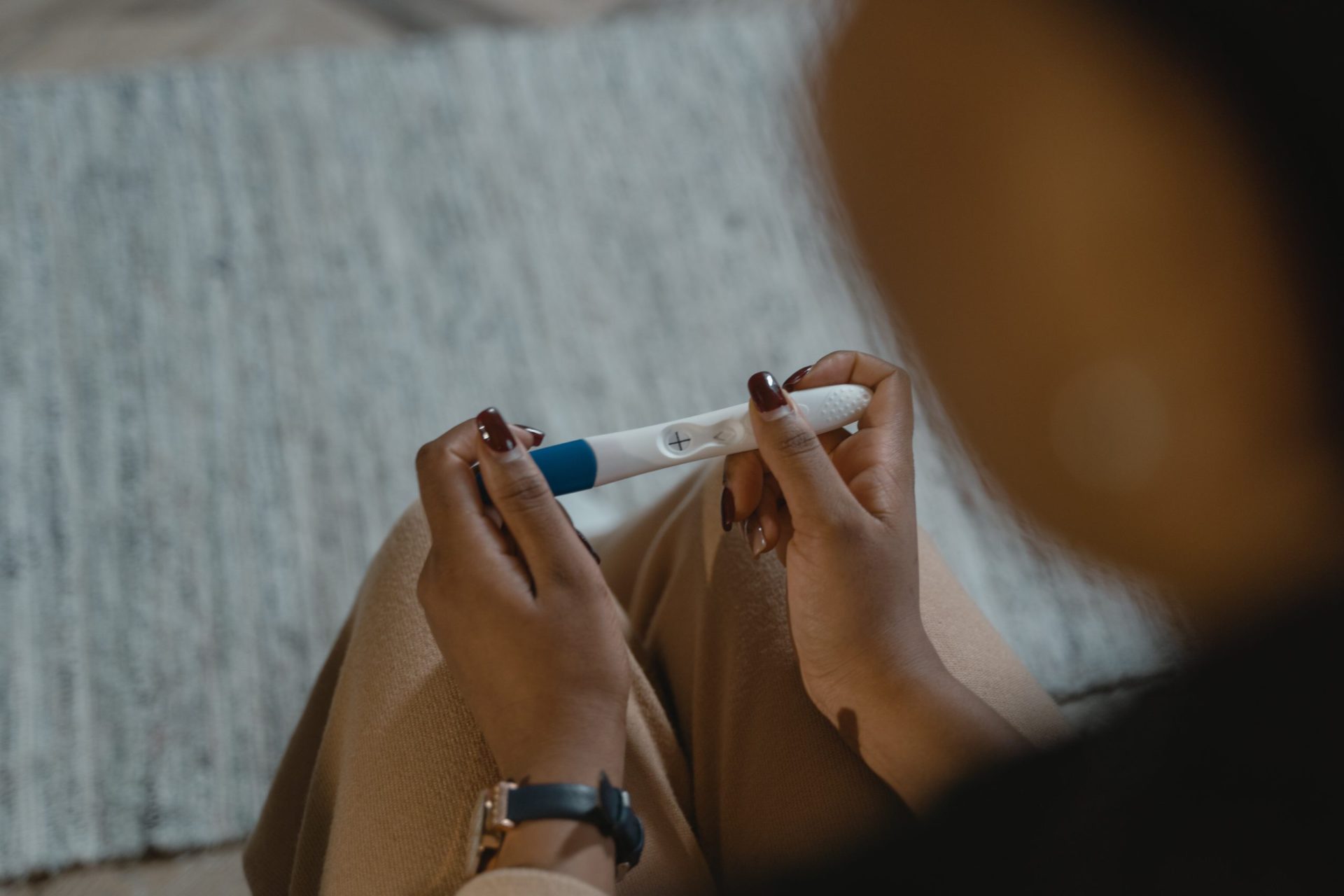
Pregnancy test timing, unprotected sex can result in pregnancy and can be a stressful experience, especially if you are not ready to conceive. You may be wondering when it is safe to take a pregnancy test after unprotected sex. A pregnancy test is not accurate immediately after sex. It takes time for the body to produce enough pregnancy hormones (human chorionic gonadotropin, or hCG) that can be detected by a pregnancy test. In this article, we will discuss when it is safe to take a pregnancy test after unprotected sex and the factors that can affect pregnancy test results.
Understanding Pregnancy Tests
Pregnancy Tests detect the presence of human chorionic gonadotropin (hCG), a hormone produced by the placenta after fertilization. There are two main types of pregnancy tests: urine tests and blood tests.
Urine tests are the most common and can be done at home or in a doctor’s office. They detect hCG in urine samples and can be taken as early as 7-10 days after conception.
Blood tests are more accurate and can detect pregnancy as early as 6-8 days after conception, but they require a visit to a doctor’s office.
How Pregnancy Tests Work
Pregnancy tests work by detecting the presence of human chorionic gonadotrophin (hCG) in a person’s urine or blood. Urine pregnancy tests can be done at home, while blood pregnancy tests are done in a healthcare setting. Home pregnancy tests are designed to be easy to use, and most can detect hCG in urine within two weeks after conception.
Clearblue Early Detection Pregnancy Test Kit
When it comes to peace of mind and accurate results, the Clearblue Early Detection Pregnancy Test stands out as a trustworthy choice. The Clearblue Early Detection Pregnancy Test has been trusted by countless women for its precision and early detection capabilities.
Why We Recommend It:
Early Results: This test is designed to provide results as early as 6 days before your missed period, giving you a head start on finding out if you’re pregnant.
Digital Display: The Clearblue test features a digital display that removes the guesswork by clearly stating whether you’re pregnant or not.
Over 99% Accuracy: With over 99% accuracy, you can trust the results provided by Clearblue.
Easy to Use: The test is easy to use and comes with clear instructions, ensuring that you can take it in the comfort of your own home.
Reassurance: Whether you’re hoping for a positive result or looking for reassurance that you’re not pregnant, the Clearblue Early Detection Pregnancy Test offers the information you need.
Don’t let uncertainty cloud your peace of mind. With the Clearblue Early Detection Pregnancy Test you can face the situation with confidence, knowing that you have a reliable companion by your side.
Get your Clearblue Early Detection Pregnancy Test now and take control of your reproductive health.
How Soon Can You Take a Pregnancy Test?

Most home pregnancy tests can detect hCG in urine within two weeks after conception. However, it is important to note that pregnancy tests may not be accurate immediately after sex. It takes time for the body to produce enough hCG that can be detected by a pregnancy test.
Pregnancy Test Timing: When to Take a Pregnancy Test?
The timing of a pregnancy test depends on the type of test and the individual’s menstrual cycle.
For Urine Tests, it is best to wait until after the first missed period to take the test, as this will provide the most accurate results. However, some tests claim to detect pregnancy up to five days before a missed period, but the accuracy may be lower.
Blood Tests can detect pregnancy earlier, but they are not typically used unless there are concerns about the pregnancy or the individual’s menstrual cycle is irregular. In general, it is recommended to wait at least one week after a missed period before taking a blood test.
Factors That Affect Pregnancy Test Results
Several factors can affect pregnancy test results. These include:
- The sensitivity of the pregnancy test: Some pregnancy tests are more sensitive than others and can detect lower levels of hCG.
- The time of day: hCG levels are higher in the morning and may be lower in the afternoon or evening.
- The amount of fluid you drink: Drinking too much fluid can dilute hCG levels in urine, making it more difficult to detect.
- Medications: Some medications can interfere with pregnancy test results, such as fertility drugs that contain hCG or medications that contain human chorionic gonadotropin.
- Medical conditions: Certain medical conditions, such as ovarian cysts or certain types of cancer, can cause a false positive pregnancy test.
Missed Period
- A missed period is not always a sign of pregnancy. Other factors, such as:
- Stress
- Weight changes
- Medical conditions can also affect menstrual cycles
If a period is missed, it is essential to consider all possible factors before assuming pregnancy.
The Accuracy of Pregnancy Tests
Home pregnancy tests are generally accurate when used correctly. False positive and false negative pregnancy test results can occur.
A false positive: result is when a pregnancy test indicates that a person is pregnant when they are not. This can occur if the person is taking certain medications or has certain medical conditions.
A false negative: result is when a pregnancy test indicates that a person is not pregnant when they are. This can occur if the person takes the test too early or if the test is not used correctly.
The Importance of Waiting to Take a Pregnancy Test
It is important to wait until after a missed period to take a pregnancy test. This is because hCG levels are typically higher and more reliable at this time. Taking a pregnancy test too early can result in a false negative result, which can be misleading and cause unnecessary stress.
The Risks of Taking a Pregnancy Test Too Early
Taking a pregnancy test too early can result in a false negative result, which can be misleading and cause unnecessary stress. In addition, if you take a pregnancy test too early and receive a negative result, you may continue engaging in behaviors that can harm a developing fetus, such as drinking alcohol or smoking cigarettes.
How to Take a Pregnancy Test
Home pregnancy tests are easy to use and can be done in the privacy of your own home. To take a pregnancy test, follow these steps:
- Read the instructions carefully.
- Collect a urine sample in a clean, dry container.
- Remove the cap from the pregnancy test and hold the absorbent tip in your urine stream for several seconds or dip the absorbent tip into the urine sample.
- Place the pregnancy test on a flat surface and wait for the results.
How to Interpret Pregnancy Test Results

Pregnancy test results can be interpreted as positive or negative. A positive result means that you are likely pregnant, while a negative result means that you are likely not pregnant. It is important to follow the instructions carefully and wait for the recommended time before interpreting the results.
Reasons for a Negative Pregnancy Test After Unprotected Sex
There are several reasons why a person may receive a negative pregnancy test after unprotected sex, including:
- Taking the test too early
- Using the test incorrectly
- The test is expired or defective
- The person is not pregnant
When to See a Doctor
If you have had unprotected sex and are experiencing symptoms of pregnancy, such as missed periods, nausea, or breast tenderness, it is important to see a doctor. A doctor can perform a pregnancy test and provide guidance on your options if you are pregnant.
Conclusion
Unprotected sex can result in pregnancy, but it is important to wait until after a missed period to take a pregnancy test. False positive and false negative results can occur, so it is important to follow the instructions carefully and wait for the recommended time before interpreting the results. If you are experiencing symptoms of pregnancy, it is important to see a doctor.

Affiliate Disclosure: Please note that we may earn a commission from Amazon if you make a purchase through the affiliate links provided on this page. This comes at no extra cost to you. We recommend these products because we believe in their quality and usefulness to our readers. Your support through these links helps us continue to provide valuable content on dental health and wellness. Thank you for your trust and support.








